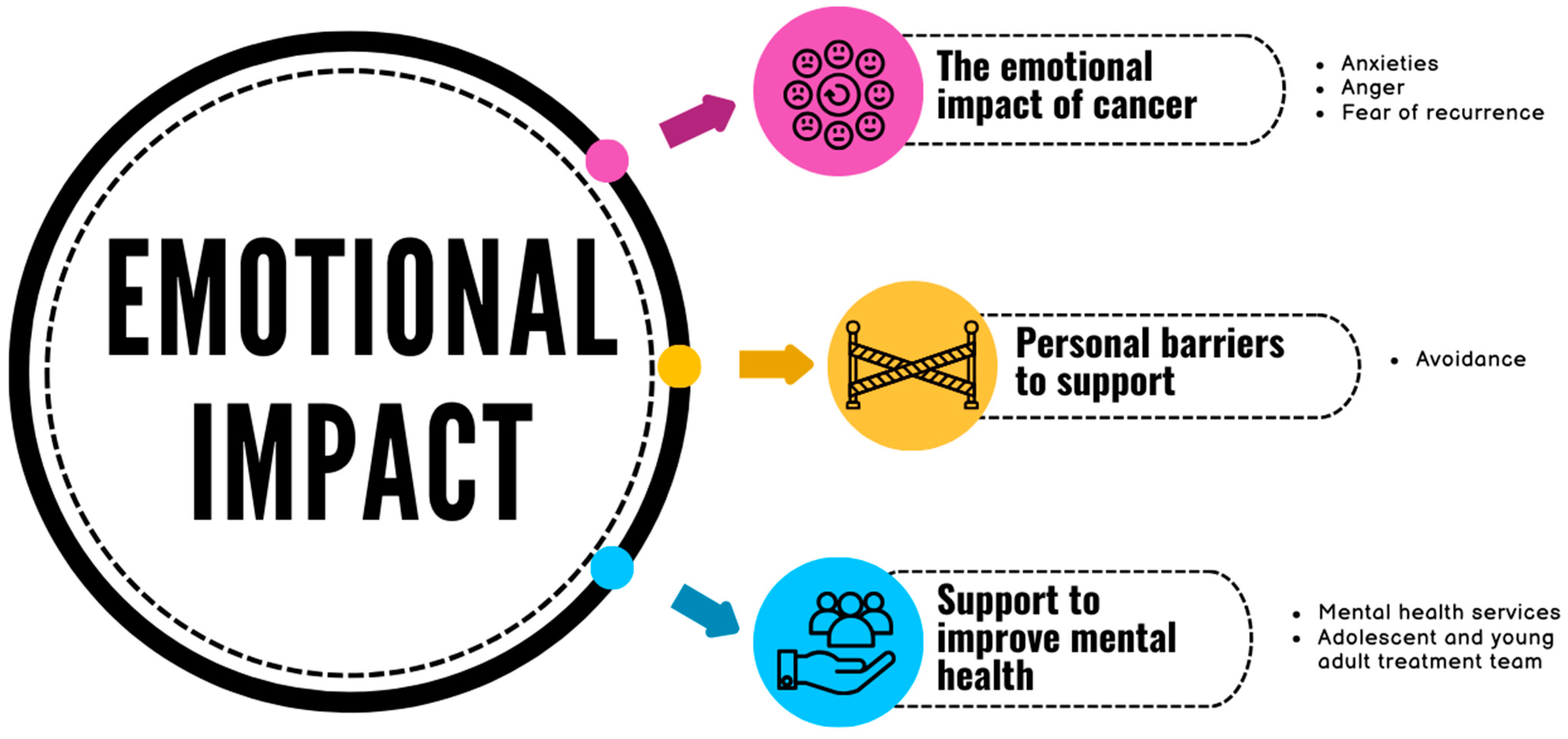How Does Addiction Affect Mental Health and Daily Life?

Addiction is a serious condition that impacts not only physical health but also mental health and daily life in profound ways. Whether it’s substance abuse or behavioural addiction, individuals struggling with addiction often experience emotional instability, cognitive decline, and disrupted social relationships. Over time, addiction can take a toll on a person’s ability to function normally, leading to severe consequences in both personal and professional life.
At Prayas Sewa Samiti, we understand the deep connection between mental health and daily life and how addiction disrupts this balance. Recognising the effects of addiction on the mind and daily functioning is the first step toward seeking help and making positive changes.
The Link Between Addiction, Mental Health, and Daily Life
Addiction is not just a physical dependence on substances—it affects the brain’s chemistry, leading to long-term changes in emotions, behavior, and thinking. As a result, individuals experience significant challenges in mental health and daily life, making it difficult to maintain relationships, focus on work, or even perform basic daily tasks.
1. Emotional and Psychological Impact
One of the most damaging effects of addiction is on emotional stability. People suffering from addiction often experience:
-
Increased Anxiety and Depression: Substance abuse disrupts the brain’s natural balance of chemicals, leading to mood disorders. Individuals may feel extreme sadness, hopelessness, or intense anxiety, affecting their mental health and daily life.
-
Irritability and Aggression: Mood swings and emotional instability are common in addiction, often causing strained relationships with family and friends.
-
Paranoia and Hallucinations: Certain substances, especially stimulants and hallucinogens, can cause paranoia, delusions, or hallucinations, further damaging mental health and daily life.

2. Cognitive Decline and Impaired Decision-Making
Addiction affects brain function, leading to cognitive impairment, including:
-
Memory Loss and Confusion: Substance abuse can damage brain cells, leading to difficulties in retaining information and making decisions.
-
Poor Judgment and Risky Behaviour: Addiction often leads to reckless actions, such as driving under the influence or engaging in unsafe activities, which can negatively impact mental health and daily life.
-
Difficulty Concentrating: Many individuals find it hard to focus on tasks, whether at work or in daily responsibilities, leading to job loss or academic struggles.
3. Social and Relationship Challenges
Addiction severely affects personal and professional relationships, leading to isolation and strained interactions. Some of the major social effects include:
-
Loss of Trust: Loved ones may struggle to trust someone battling addiction due to past broken promises or irresponsible actions.
-
Social Isolation: Many individuals withdraw from social settings, avoiding friends and family, which further worsens their mental health and daily life.
-
Conflict and Domestic Issues: Addiction often leads to arguments, conflicts, and in some cases, domestic violence, disrupting family harmony.
4. Impact on Work and Career
Maintaining a stable job becomes a challenge for those struggling with addiction. This can lead to:
-
Declining Work Performance: Reduced concentration and cognitive decline affect productivity, resulting in frequent mistakes and missed deadlines.
-
Job Loss and Financial Struggles: Addiction can lead to absenteeism, job termination, and financial instability, making it harder to support oneself and one’s family.
-
Damaged Professional Reputation: Erratic behaviour and poor work performance can lead to a damaged reputation, making future employment opportunities difficult.
5. Physical Health Consequences
While addiction primarily affects mental health and daily life, it also has significant physical health consequences, such as:
-
Weakened Immune System: Addicts are more susceptible to infections and diseases due to poor nutrition and neglect of health.
-
Sleep Disorders: Insomnia or irregular sleep patterns are common in people suffering from addiction, worsening their mental health and daily life.
-
Chronic Health Conditions: Long-term substance abuse can lead to heart disease, liver damage, and other life-threatening conditions.
Seeking Professional Help for Recovery
Understanding the impact of addiction on mental health and daily life is essential for taking the first step toward recovery. Professional rehabilitation centres provide structured support, therapy, and medical assistance to help individuals regain control over their lives.
If you or a loved one is struggling with addiction, choosing the best rehab centre in Dehradun can provide the necessary guidance and resources for recovery. A professional facility ensures:
-
Medical Detox and Supervised Withdrawal
-
Therapy and Counselling for Mental Health
-
Support Groups for Emotional Healing
-
Aftercare Programs to Prevent Relapse

Conclusion: The Path to Healing and Recovery
Addiction affects every aspect of a person’s mental health and daily life, from emotional well-being to career stability and personal relationships. However, with the right support, recovery is possible. Seeking help from the best rehab centre in Dehradun can be the turning point toward a healthier and addiction-free life.
At Prayas Sewa Samiti, we are committed to helping individuals rebuild their lives with professional guidance, compassionate care, and effective rehabilitation programs. Remember, addiction is not the end—it’s a challenge that can be overcome with the right support and determination.